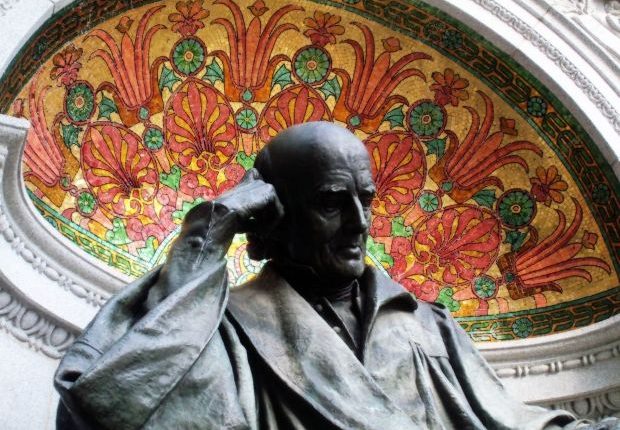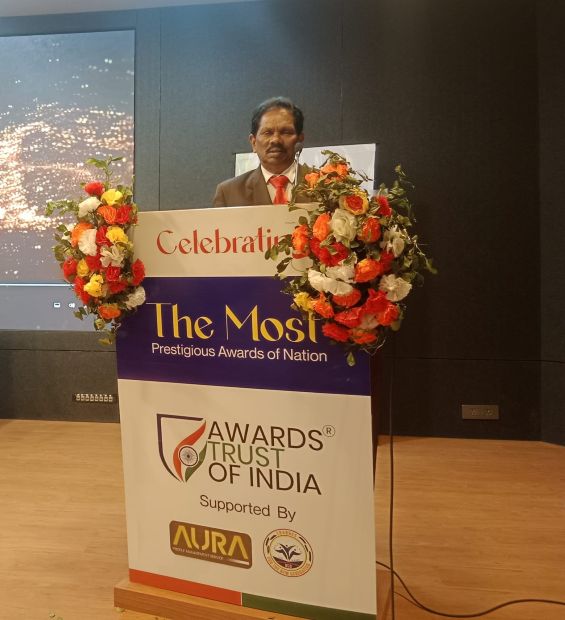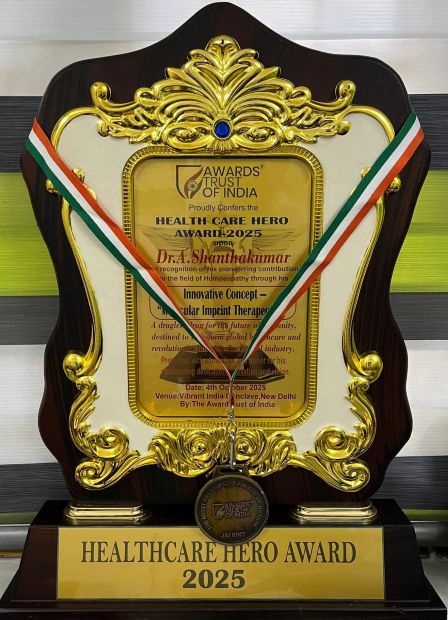Humanity owes a better deal to Samuel Hahnemann
The visionary whose ideas reshaped the way we understand healing
By Dr A. Shanthakumar
Over two centuries ago, when medicine was still bound to bleeding, purging, and guesswork, Samuel Hahnemann dared to reimagine the very foundations of medical science. He gave us principles that were not only revolutionary for his time but remain profoundly relevant in ours.
Hahnemann was not merely a physician; he was a reformer of medicine. He asked questions others were too afraid – or too blind – to ask. Why should medicine be based on speculation? Why not on observation? Why not on experimentation?
As he himself declared in the Organon of Medicine:
“The highest ideal of cure is the speedy, gentle, and enduring restoration of health… in the shortest, most reliable, and safest manner.” (Aphorism 2)
This spirit led him to one of his greatest innovations: drug proving. He administered substances to healthy individuals and carefully recorded the symptoms they produced. For the first time in history, medicine gained a systematic method for understanding how drugs act on the human body. Today, we might call this pharmacology in its earliest form.
Holistic Understanding
But Hahnemann went further. He recognized that disease is not simply a collection of isolated symptoms or the malfunction of one organ. He spoke of the totality of symptoms—the whole person.
In his words:
“The totality of symptoms must be the principal, indeed the only thing, the physician has to take note of in every case of disease.” (Organon, Aphorism 7)
This idea, radical in the 18th century, resonates powerfully with today’s systems biology, which understands disease as a dynamic, interconnected process.
Like Cures Like – Anticipating Modern Science
Perhaps his most famous contribution is the principle of like cures like. A substance that provokes symptoms in the healthy may relieve similar symptoms in the sick.
Hahnemann wrote:
“To cure gently, rapidly, certainly, and permanently, choose, in every case of disease, a medicine which can itself produce an affection similar to that which it is to cure.” (Organon, Aphorism 26)
At first, this seemed mystical. But today, we speak of molecular mimicry and molecular competition – core ideas in modern pharmacology and immunology.
Potentization – A Step Ahead of His Time
Then there is his much-debated method of potentization: serial dilution combined with vigorous shaking. To his contemporaries, it seemed absurd. Even today, many scientists dismiss it without investigation.
And yet, modern nanotechnology and supramolecular chemistry have shown us that solvents like water and alcohol can retain structural patterns – molecular imprints – that influence biological systems.
Was Hahnemann not anticipating, in his own language, what we now explore with the tools of nanoscience?
Why Has His Genius Been Marginalized?
And here, we face a troubling question: if Hahnemann’s insights were so advanced, why has his legacy been sidelined?
The answer lies not only in the scepticism of the scientific establishment, but also in the failures of his own followers. Too often, his words have been treated as sacred scripture rather than scientific hypotheses. Instead of building on his foundation with rigorous research, many chose blind reverence.
Hahnemann himself warned against this. In his writings, he said:
“I am not so foolish as to suppose that I have written down anything perfect… but I claim for it only that it is the pure truth so far as it goes.”
He did not ask for dogma. He asked for inquiry, for investigation, for progress.
A Call to Action
If we truly wish to honour Hahnemann, we must change course. His principles must be revisited, not as unchangeable doctrine, but as living hypotheses to be tested, refined, and expanded.
The principle of like cures like must be studied with molecular docking and receptor-ligand interactions.
Potentization must be explored with spectroscopy, nanotechnology, and advanced chemistry.
Clinical research must be conducted with transparency, rigour, and courage.
Education in homoeopathy must cultivate not blind faith, but scientific curiosity and innovation.
Samuel Hahnemann was not a prophet. He did not ask to be worshipped. He was something greater: a scientist ahead of his time.
Today, we live in an era where the boundaries of science are expanding faster than ever before. If we carry forward his spirit of fearless inquiry, if we integrate tradition with the tools of modern science, then we will not only redeem his legacy – we will advance medicine itself.
The time has come. Humanity owes a better deal to Samuel Hahnemann. Let us be the generation that pays that debt.
–Dr A. Shanthakumar – Deputy President of Lanka Homoeopathic Foundation, is a former member of the Sri Lanka Homoeopathic Medical Council, Director, International Homoeopathic Hospital and Research Institute, Founder Director ICLRMID and Chandran Nambiar KC, India, and author of the book ‘Redefining Homoeopathy’. This article is excerpted from his keynote lecture at the 2025 Healthcare Hero Award ceremony hosted by the Awards Trusts of India on October 29, 2025, in Assam, India. Dr Shanthakumar was conferred the Healthcare Hero Award in recognition of his remarkable professional achievement, dedication pursuit of excellence in the field of homoeopathy





Comments are closed, but trackbacks and pingbacks are open.